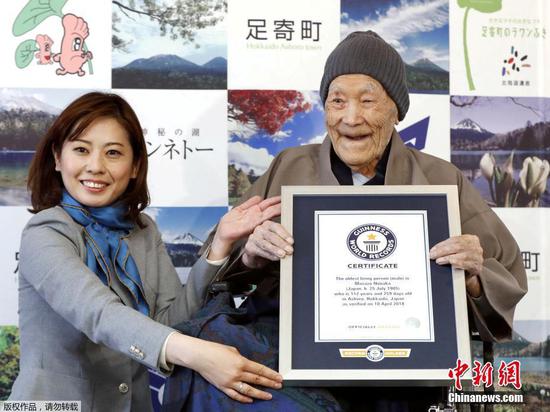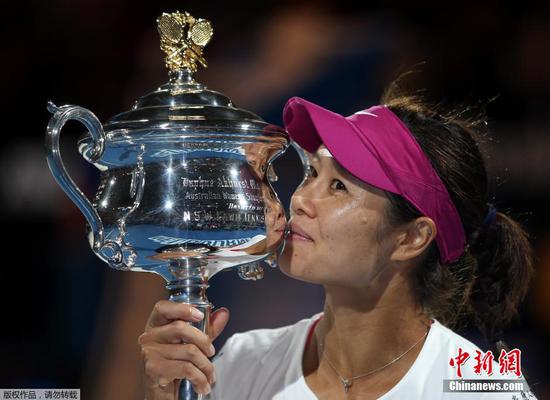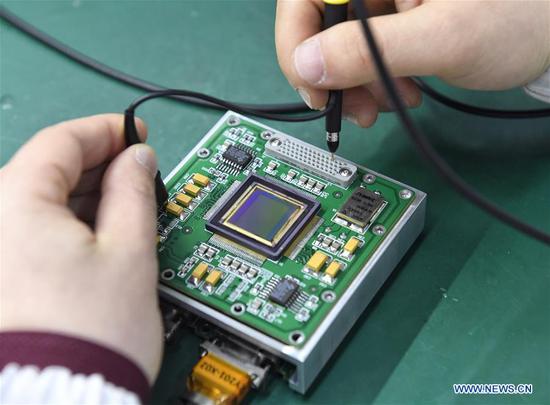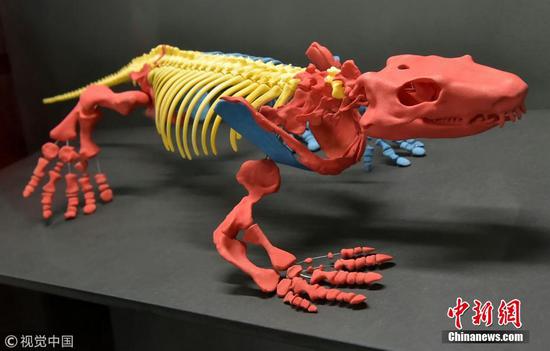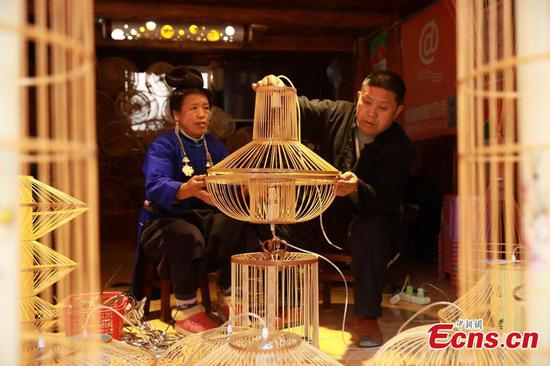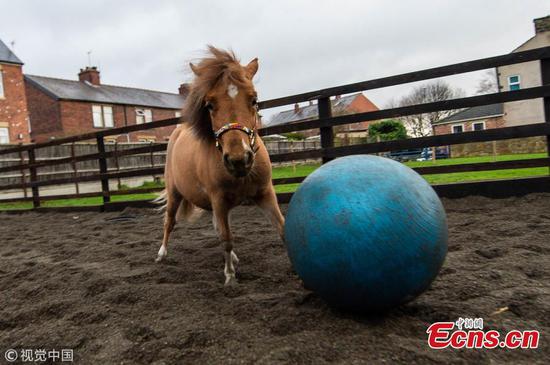According to a Nielsen report, 48 percent of Chinese consumers will buy products that are cost-efficient; 39 percent will buy those that match their needs, whatever the brand is; and 36 percent will pay for those that "satisfy their personal hobbies and feelings".
Chen Ke, a senior partner with global consultancy Roland Berger, said one of the main reasons for the rise of fast-moving Chinese consumer goods brands is that they have met the needs in niche markets with precision, and have made many product and design innovations.
"China's fast-moving consumer goods market is multilayered, in which consumers in a range of regions, of different ages and with varying levels of disposable income have different preferences," he said. "If a brand wants to use the same standardized products and services to reach the entire Chinese market, this is impossible."
For example, in big cities, people with sufficient disposable income may opt for global brands with high quality and prices to demonstrate their social status.
But due to the slowing economy in recent years, many middle class consumers now might not have that much disposable income and are more careful with their money. For those who were born in the 1990s and afterward, personal products and leisure pursuits are popular, Chen said.
Zhang Yuan, a 33-year-old Beijing resident, said that after having her first baby two years ago, she was attracted by the "healthy concept" of PurCotton, a Chinese brand producing high-quality and comfortable household products. A small pack of PurCotton's tissues costs 23 yuan, while similar-sized paper tissues cost only a few yuan.
"With a new baby, I will buy household products that are safe and comfortable, even though the prices can be far higher," Zhang said.
Lan Fei, marketing center director at the Guangzhou Weimeizi Industrial Co, said it took just a few years for its brand SakyKids, which was established in 2012 and focuses on child oral care, to take the biggest market share in this category.
He said some 66 percent of Chinese children younger than 5 have dental problems, and young parents are paying increasing attention to their youngsters' oral care.
"Our products aim to make mothers feel safe and to offer fun to children, so that they will enjoy brushing their teeth," he said. "The toothpastes we design for children are edible, and come in various flavors that are popular with them."
SakyKids also makes toothbrushes that carry Disney images, he said.
Cui, the founder of Marie Dalgar, which targets people in their 20s, said the brand has been winning consumers "through continuous innovative products based on consumers' needs and novel activities that enhance interactions with customers". Moreover, Marie Dalgar is still cheaper than global brands.
"Understanding that consumers are always interested in novel things and are pursuing beauty and enjoyable experiences is key to us," Cui said. "As a result, we have been dedicated to pushing forward products and services to meet their expectations."


















